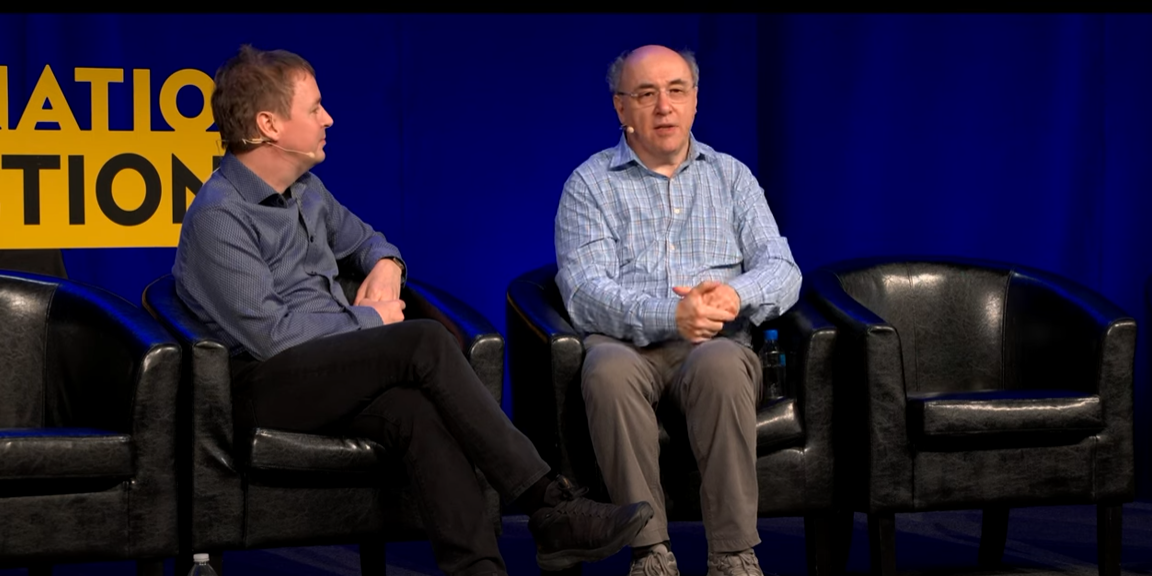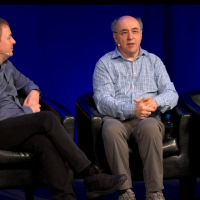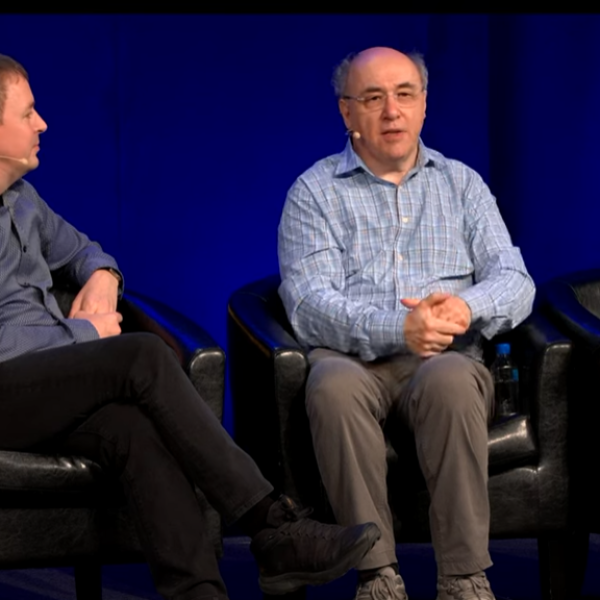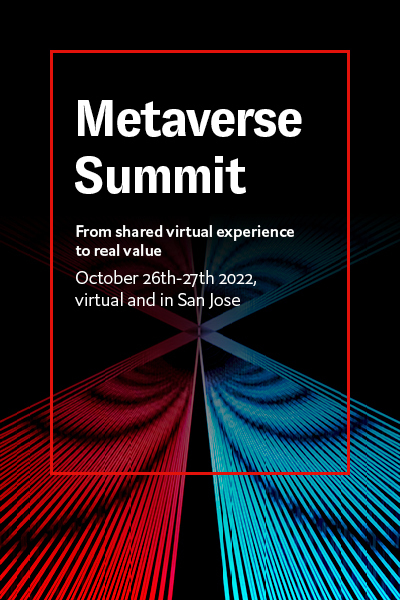- Last modified: May 7, 2024
In the pursuit of scientific breakthroughs, harnessing the capabilities of artificial intelligence (AI) has become an intriguing prospect. Stephen Wolfram, a pioneer in the field of computational science, recently shared his insights on integrating AI into scientific efforts at the ‘Forging the Future of Business with AI’ Summit.
Wolfram acknowledged the impressive feats of large language models (LLMs) in areas like language processing but raised concerns about their limitations in tackling scientific challenges.
“The places where kind of modern AI systems and so on are doing well are places where in a sense there’s shallower computation than we knew was involved that has to be done,” he said. Grappling with the inherent complexities of scientific phenomena demands more than mere language proficiency, it seems.
Recognizing this hurdle, Wolfram proposes a two-pronged approach. First, LLMs should be integrated with computational tools specifically designed for scientific reasoning.
“The typical use case is you talk to the LLM, it tries to write Wolfram Language code, you look at that code and the whole point of that code is it’s a notation for computation that’s intended for humans to read as well as to write,” he explained.
This synergy between LLMs and computational languages like Wolfram Language facilitates a cyclical process of refinement. The LLM generates an initial representation, which is then scrutinized and refined by human experts, leveraging the computational power of the language to validate and extend the proposed solution.
Secondly, Wolfram noted the need to expand the scope of what AI can model computationally.
“The set of what’s computationally possible that we care about is really tiny actually,” he said. Unlocking AI’s potential in science hinges on developing models that can accurately capture the intricacies of scientific phenomena, which often involve computationally irreducible processes.
Striking a balance between leveraging AI’s strengths and addressing its weaknesses is crucial. Wolfram sees a future where AI acts as an extension of human intellect, rapidly synthesizing and presenting relevant knowledge to aid scientific discovery.
“Ultimately, what I would like an LLM to be able to do is to know everything that I know and if I’m trying to learn about some new thing it can know immediately this is the one fact that I should tell you because that will unlock this whole path of understanding,” said Wolfram.
As the field of AI continues to evolve, Wolfram’s ideas offer a pragmatic roadmap for integrating it into the scientific realm. By combining the linguistic prowess of LLMs with rigorous computational frameworks and expanding the scope of AI’s modeling capabilities, we can unlock new frontiers in scientific exploration and problem-solving.
Featured image: Credit: Forbes







